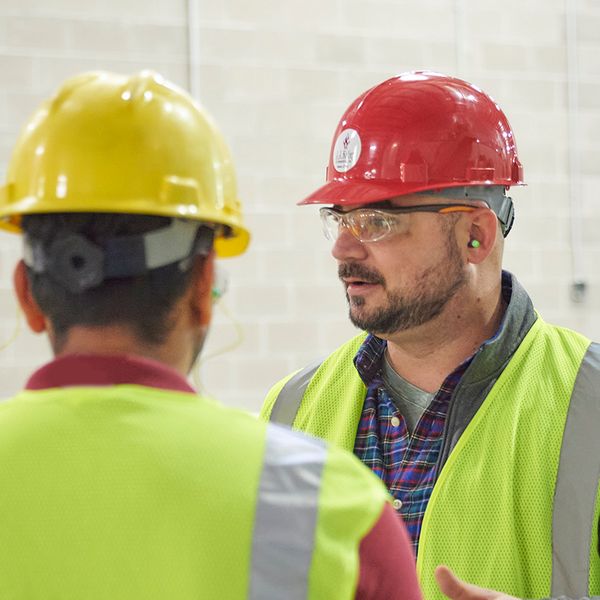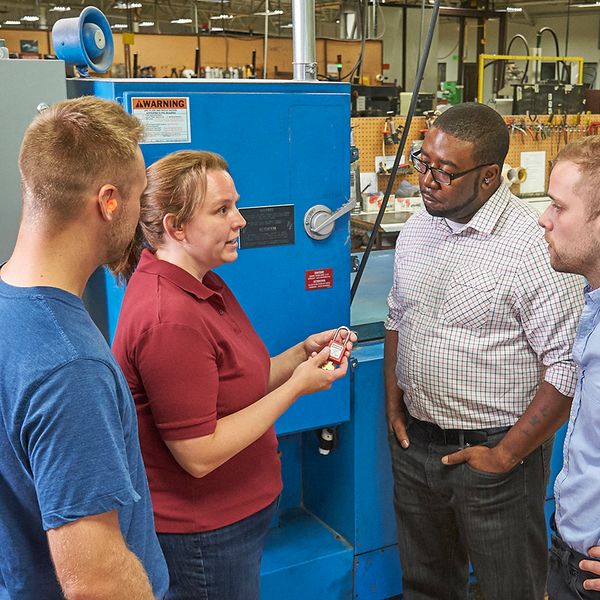Some thoughts on experience, wisdom, and safety
Oscar Wilde said, “With age comes wisdom, but sometimes age comes alone.” Our experts often hear from safety professionals that their most experienced employees are also the most frequently injured. Unfortunately, some people gain wisdom only after a tragic experience.
I believe that the longer people engage in unsafe behavior without experiencing adverse consequences, the more likely they are to start underestimating the risks of those behaviors. Unfortunately, the risk level doesn’t change with repetition. Even if flipping a penny comes up heads nine times in a row, the odds of getting tails remains the same each time.
There’s an old saying, smart people learn from their mistakes but wise people learn from others’ mistakes. If a consequence occurs early in someone’s career, they could learn from it and use more caution in the future, even if the consequence affected someone else.
Experienced employees who don’t get injured might just be lucky. The truly lucky finish their careers without a serious incident. Unfortunately, they may not realize how their conduct affects their luck until something happens.
Make your own luck
The term “luck” is a synonym for chance. Employees can improve their luck (or their chances of avoiding injury) by working carefully. Safety rules are intended to reduce risk as much as possible. There might still be some risk, of course, but far less.
For safety professionals who have wondered, “Don’t employees see the potential consequences?” the answer is complicated. Employees may see the risks but underestimate them or believe “it won’t happen to me.” In short, even if they’re aware of the risks, they might not think about them much.
Part of a safety professional’s job is making employees aware of hazards, but encouraging safe behaviors may require asking them think about the consequences. That means not only describing what could happen, but explaining the impacts on their lives outside of work. Even minor injuries can impact both their jobs and personal lives.
If you can find employees with stories to share, even about someone they know or heard about, encourage them to share those experiences. When reviewing real-world incidents, you’ll likely find that many injuries occurred when workers performed tasks they’d done many times before. The job became routine, and the worker went through the motions without really thinking about each step.
As I’ve grown older, I like to think that I’ve gained some wisdom. I now perform even simple tasks like adding gas to the lawnmower with much more caution, thinking about each step. Perhaps I complete these tasks a bit more slowly, but I’ve also spent less time cleaning up spills and I’ve spent less time treating cuts and other minor injuries.
Have a question for our Compliance Experts?
If you have safety or compliance questions, we encourage you to use Compliance Network’s Expert Help tool. Edwin Zalewski and our team of Compliance Experts will respond to your question within 24 business hours.





















































